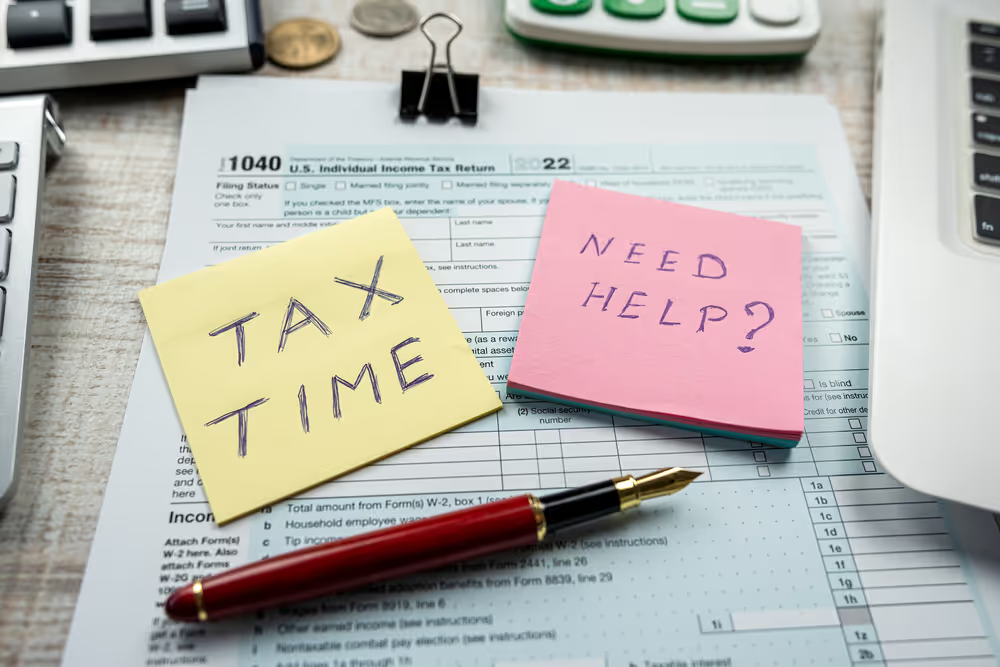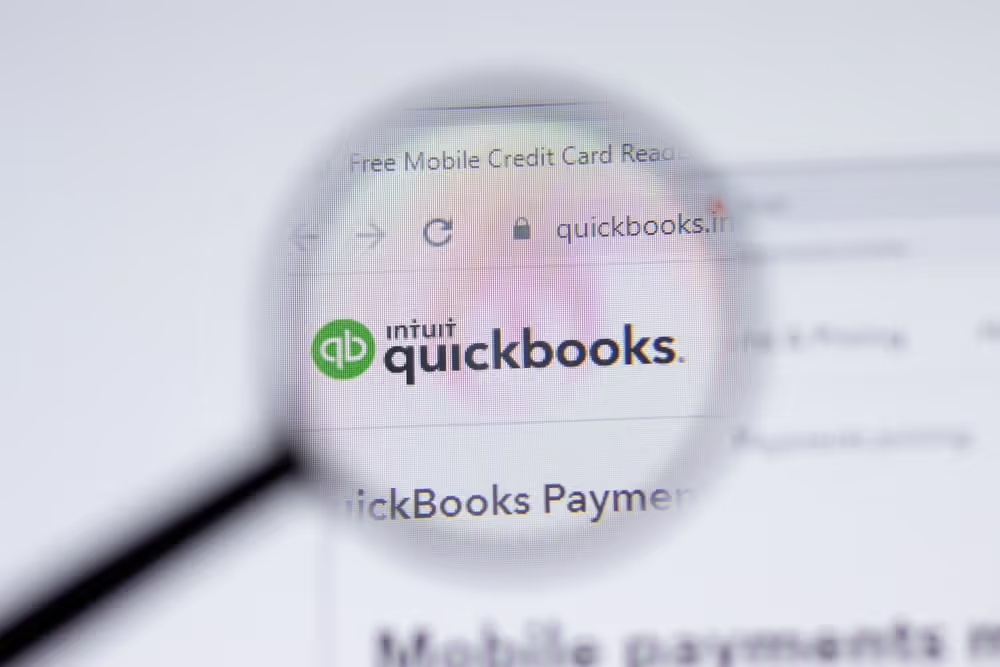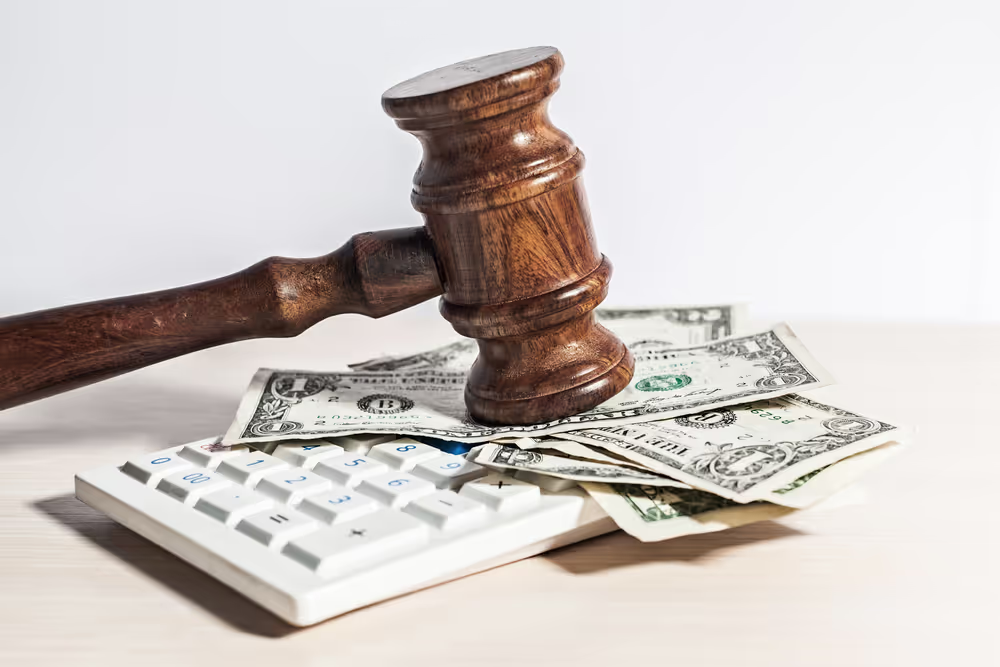Tips to Make Filing Your Business Tax Return Easier
Filing your business tax return can be a daunting task, but with the right preparation and organization, it can be a much smoother process. With the tax extension deadline for businesses quickly approaching on September 15th, now is the perfect time to get your documents in order and make filing as stress-free as possible. Here are some tips to help you navigate the process and avoid late filing penalties.
Gather and Organize Financial Records
One of the most critical steps in filing your business tax return is gathering all necessary financial records. These include income statements, balance sheets, receipts, invoices, and records of any deductions or credits. Start by:
- Reviewing Income Statements: Ensure that your income statements accurately reflect all sources of revenue for the year. Double-check for any discrepancies that could lead to reporting errors.
- Organizing Receipts and Invoices: Sort all receipts and invoices by category, such as office expenses, travel, and supplies. This will make it easier to claim deductions and substantiate your expenses if audited.
- Updating Your Balance Sheet: Make sure your balance sheet is current and includes all assets, liabilities, and equity. This is crucial for accurately reporting your financial position.
Take Advantage of Tax Deductions
Tax deductions can significantly reduce your taxable income, leading to lower taxes owed. To maximize your deductions, consider the following:
- Business Expenses: Deduct any ordinary and necessary expenses incurred in running your business, such as rent, utilities, and office supplies.
- Depreciation: If you've purchased equipment, vehicles, or property for your business, you may be able to claim depreciation on these assets.
- Home Office Deduction: If you use a portion of your home exclusively for business, you may qualify for a home office deduction. This can include a portion of your mortgage or rent, utilities, and home maintenance costs.
Keep detailed records of all deductions to ensure they are valid and can be substantiated if required.
Consider Hiring a Professional
If your business taxes are complex, it might be worth considering hiring a tax professional. A Certified Public Accountant (CPA) or tax advisor can help you:
- Navigate Complex Tax Laws: Tax laws are constantly changing, and a professional can help ensure you are compliant with the latest regulations.
- Identify Deductions and Credits: A tax professional can identify deductions and credits you may not be aware of, maximizing your tax savings.
- Avoid Errors: Tax professionals are experienced in preparing business tax returns, reducing the likelihood of errors that could trigger an audit or result in penalties.
Keep Up with Estimated Tax Payments
If your business is required to make quarterly estimated tax payments, staying on top of these payments can make filing your annual return much easier. Here's how:
- Track Payments: Keep accurate records of all estimated tax payments made throughout the year. This will help you avoid overpaying or underpaying your taxes.
- Adjust Payments as Needed: If your income fluctuates during the year, adjust your estimated tax payments accordingly to avoid a large balance due at the end of the year.
By staying current with estimated tax payments, you can reduce the financial burden of your tax return and minimize the risk of penalties for underpayment.
Review and Double-Check Your Return
Before submitting your business tax return, take the time to review and double-check all information. This can help you catch any errors that could lead to delays or penalties. Pay particular attention to:
- Correct Personal and Business Information: Ensure that all identifying information, such as your business name, Employer Identification Number (EIN), and address, is correct.
- Accurate Income Reporting: Double-check that all sources of income are reported accurately and completely.
- Properly Claimed Deductions: Review all deductions to ensure they are valid and have been properly calculated.
Taking the time to thoroughly review your return can save you from costly mistakes.
Maintain Financial Organization
Finally, the key to making tax filing easier is to maintain ongoing financial organization throughout the year. This includes:
- Regularly Updating Financial Records: Keep your financial records updated throughout the year, rather than waiting until tax season.
- Reconciliation: Regularly reconcile your accounts to ensure accuracy and catch any discrepancies early.
- Document Retention: Retain all tax-related documents for at least seven years, as the IRS may audit your returns within this period.
By staying organized year-round, you can simplify the tax filing process and avoid the last-minute scramble.
Contact Us for Assistance Filing Your Business Tax Return
Filing your business tax return doesn't have to be a stressful experience. Simply following the tips we’ve included here can keep you on track and make it faster, easier, and less stressful than in years past. Remember, the tax extension deadline for businesses is September 15th, so be sure to file soon to avoid late filing penalties. If you need assistance, consider reaching out to Demian & Company CPAs today. Our team of experienced tax professionals can help you navigate the complexities of business taxes, and get your return filed on time.
%20(1).avif)
Peter Demian is a highly-rated CPA specializing in accounting and tax services for individuals and businesses across 49 states. He offers expertise in tax strategies and assistance with IRS settlements.


.svg)





